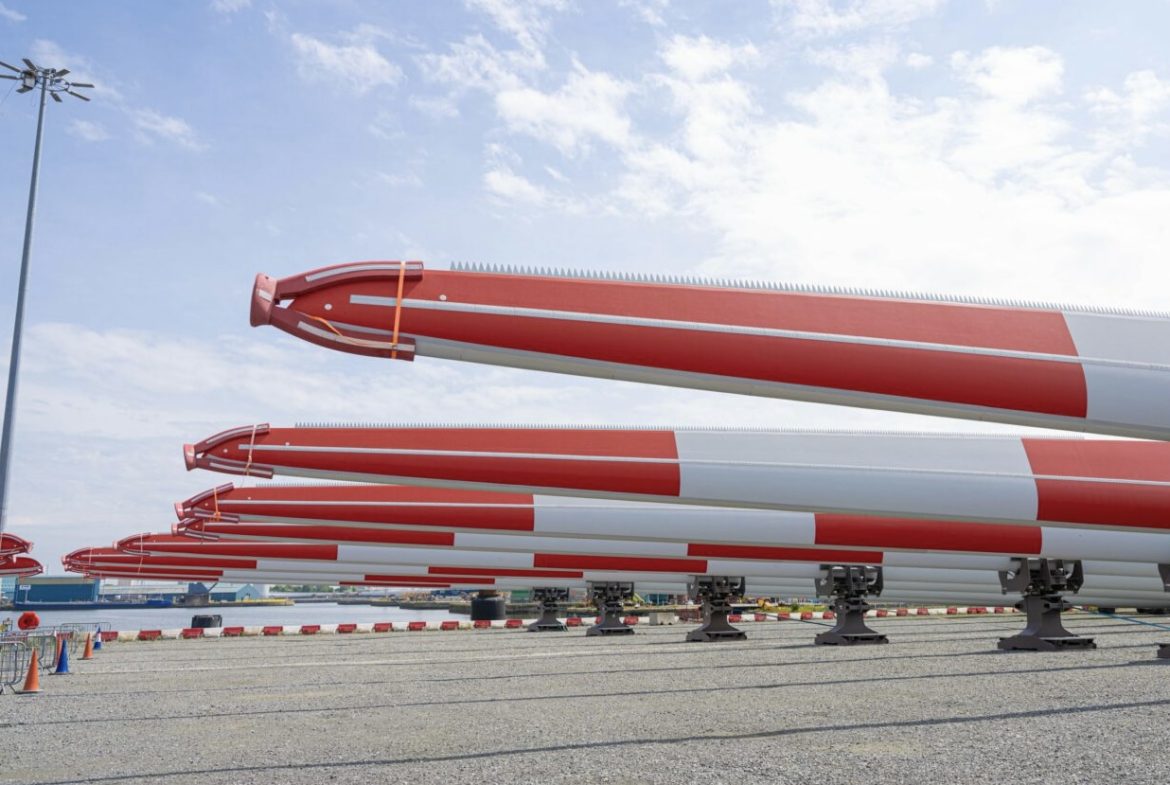Germany’s economic ministry is raising eyebrows over a deal to utilize Chinese-made wind turbines for a major offshore wind project in the North Sea. The agreement between German asset manager Luxcara and China’s Ming Yang, valued at hundreds of millions of dollars, has ignited a debate about critical infrastructure security and fair competition within the European wind energy market.
Ministry Flags Security and Competition Issues
German officials are voicing anxieties regarding potential security risks associated with allowing a Chinese company to supply turbines for a critical energy infrastructure project. Additionally, they worry that the deal could tip the scales in favor of Chinese firms within the European wind turbine market.
“The federal government will take a very close look at this decision,” declared a ministry spokesperson. “We have concerns on two fronts: firstly, the question of critical infrastructure security, and secondly, maintaining a level playing field for competition.”
These anxieties surface amidst ongoing trade tensions between Europe and China. The European Union recently proposed tariffs on Chinese electric car imports, highlighting broader concerns about economic competition.
Wind Industry Lobby Opposes Deal
Europe’s wind industry lobby group, WindEurope, has also emerged in opposition to the deal. They argue that the agreement grants China access to critical German infrastructure and undermines European suppliers who were fully capable of delivering the turbines.
“Germany and the European Union must ask themselves whether they consider wind energy a strategic sector before it’s too late,” WindEurope stated in a press release. “The European wind industry needs a fair and competitive environment for all participants.”
This criticism reflects broader concerns within the European wind industry about potential dominance by Chinese manufacturers. The European Commission is currently investigating possible market distortions by Chinese wind turbine makers in five EU countries.
Project Aims for Renewable Energy Goals
Despite the controversy, the North Sea project, known as Waterkant, is expected to generate enough clean electricity to power roughly 400,000 homes. This aligns with Germany’s ambitious goal of generating 80% of its electricity from renewable sources by 2 030.
Luxcara, the asset manager behind the project, maintains that the deal was awarded through a fair and competitive bidding process and adheres to strict environmental, social, and governance (ESG) standards.
“The Waterkant team meticulously evaluated all turbine offers received through an international tender launched in late 2023,” Luxcara said in a statement.
The German government’s scrutiny of the Waterkant project deal is a sign of growing concerns about relying on Chinese technology for critical infrastructure. The project highlights the delicate balance between achieving ambitious renewable energy goals and ensuring fair competition within the European wind turbine market.
While Luxcara assures adherence to strict security protocols, the German government’s investigation and WindEurope’s opposition raise questions about potential security vulnerabilities and the long-term competitiveness of European wind turbine manufacturers. The coming months will be crucial in determining whether the deal goes forward and how it shapes future decisions regarding European energy infrastructure and trade relations with China.
Source: Reuters



